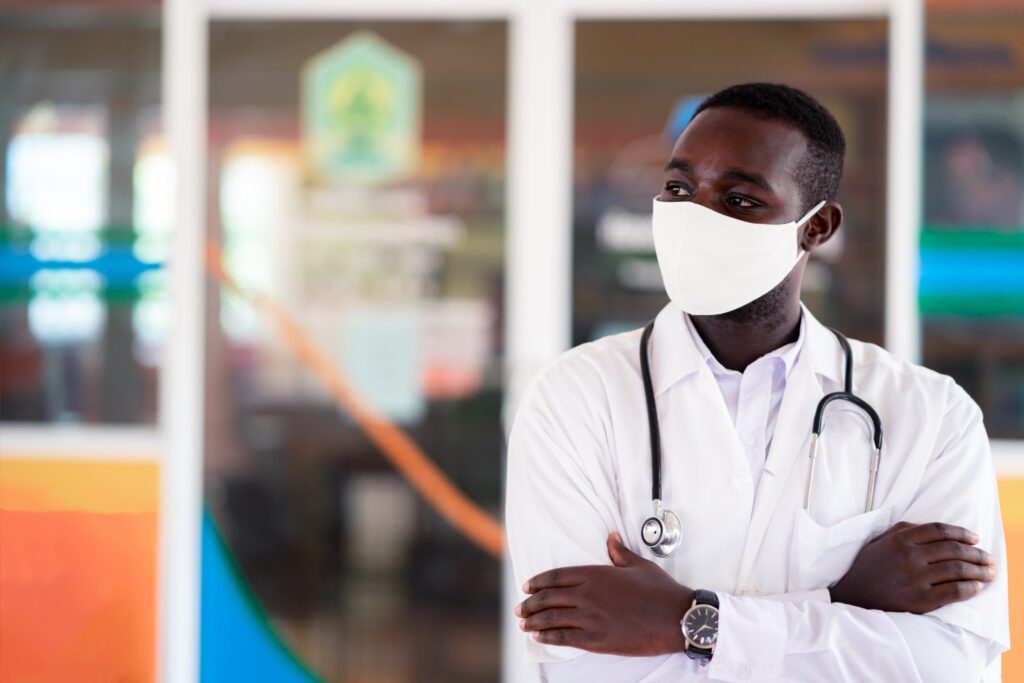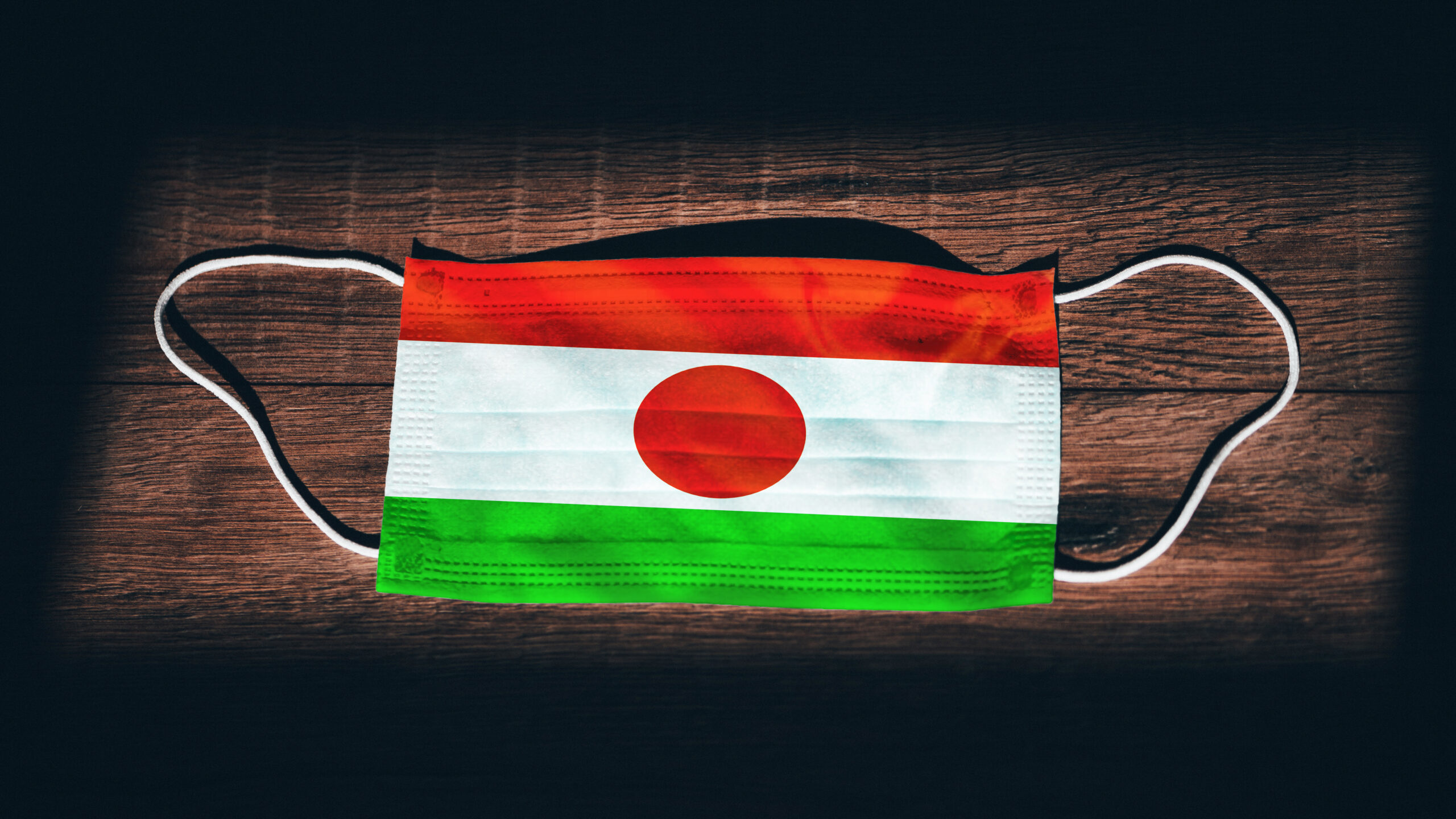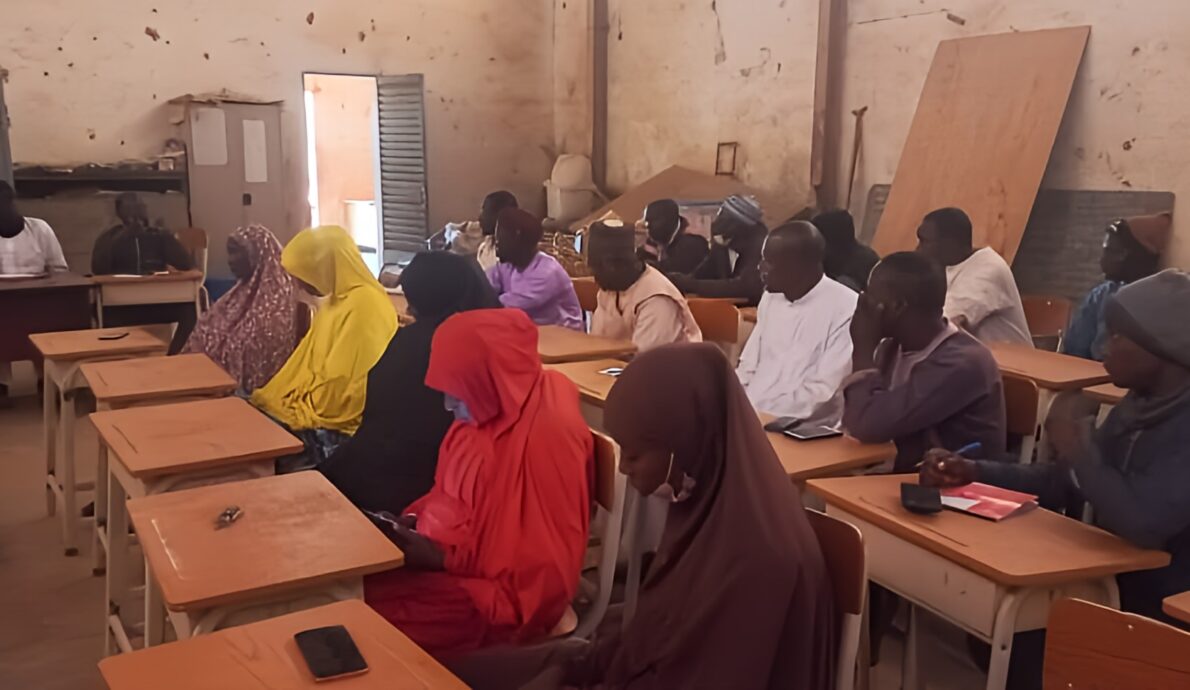Trust in public institutions is one of the most essential factors for effective public health crisis management and response. Activities designed to strengthen governance, particularly those that build confidence and foster deeper connections between the public sector and its constituents, are central to this effort. As public opinion shifts, however, it is important to take stock and adapt to changing political, economic, and social factors that influence stakeholder interests and behaviors. To put it another way, the COVID-19 pandemic has demanded development practitioners to Think and Work Politically (TWP) like never before.
Fortunately, development practitioners working in fragile and conflict-affected environments have been applying TWP in rapidly evolving contexts for some time and may have promising practices to offer. In Niger, for example, Counterpart International has applied TWP principles extensively to implement USAID’s Participatory Responsive Governance Program – Principal Activity (PRG-PA). This program applies Counterpart’s Inclusive Social Accountability framework to engage diverse stakeholders to work in partnership with government to improve service delivery in three key sectors: Health, Education, and Security Governance.

As PRG-PA activities expanded to violent-extremism affected regions like Diffa and Tillabéri, Counterpart applied our Complexity-Aware Monitoring Evaluation and Learning (CAMEL) framework to inform how and when to adapt program interventions based on changes to our program, beneficiaries, and the operating environment. Using tools like a Complexity Checklist and monitoring several sentinel indicators enabled flexibility in program design and management. As a result, when the COVID-19 pandemic began, our team was able to avoid activities coming to a complete standstill.
While no one could have anticipated the impact of the pandemic, Counterpart had robust preparedness mechanisms in place that enabled us to adapt and continue some activities in a modified manner. On a day-to-day level, our field security manager served as our crisis management lead and monitored infection rates and provided updates to our home office’s crisis management team.
As infections began to rise, the Government of Niger (GON) limited social activities, and our field team quickly engaged USAID and initiated teleworking policies for our staff. We learned by being a member and from participating in international development coordinating bodies, such as the Association des Organisations Internationales Représentées au Niger (OIREN), and the Comité Stratégique ad hoc pour une Coordination Intégrée des Reponses Sanitaires et humanitaires au COVID-19 that other development offices were doing the same.
To ensure business continuity, Counterpart leveraged remote collaboration software and bought internet credit for our staff to ensure that they could safely work from home while maintaining social distancing. We also worked with our partners to temporarily pause activities in the field as part of our Do No Harm policy while we developed modifications to our work plan.
For trainings, we explored using WhatsApp or delivering USBs with content for asynchronous training delivery. As our team works through challenges, our field Senior Management Team meets on a weekly basis to re-assess the situation and determine how to adjust activities and our operations accordingly. An important lesson from this approach was in allowing our field teams the flexibility and autonomy to drive critical decision-making forward in a timely manner.

To further understand how the situation was evolving, our team participated in COVID response meetings established by the GON. Our regional coordinators attended regional meetings with health and education officials. At the national level, our office provided agency leads with communication support that established guidelines for journalists on how to share consistent and clear information with the public on prevention protocols and services. Because we had established trust with government stakeholders on earlier communications strengthening work for security governance, the GON was receptive and appreciative of our feedback and input. Additionally, we received gratitude from the Ministry of Primary Education for supporting them to develop guidelines, banners, and radio messages to sensitize parents, teachers, and students on COVID-19.
As we deepened our engagement with the public sector, we saw an opening to increase citizen accountability of the government’s COVID response. While this has not been easy in other restrictive environments, because our approach to PRG-PA applied TWP – looking for windows of opportunity to engage champions for change – the government appreciates our collaborative approach and continues to call upon Counterpart as a valuable resource partner to foster trust, particularly with hard-to reach populations.




